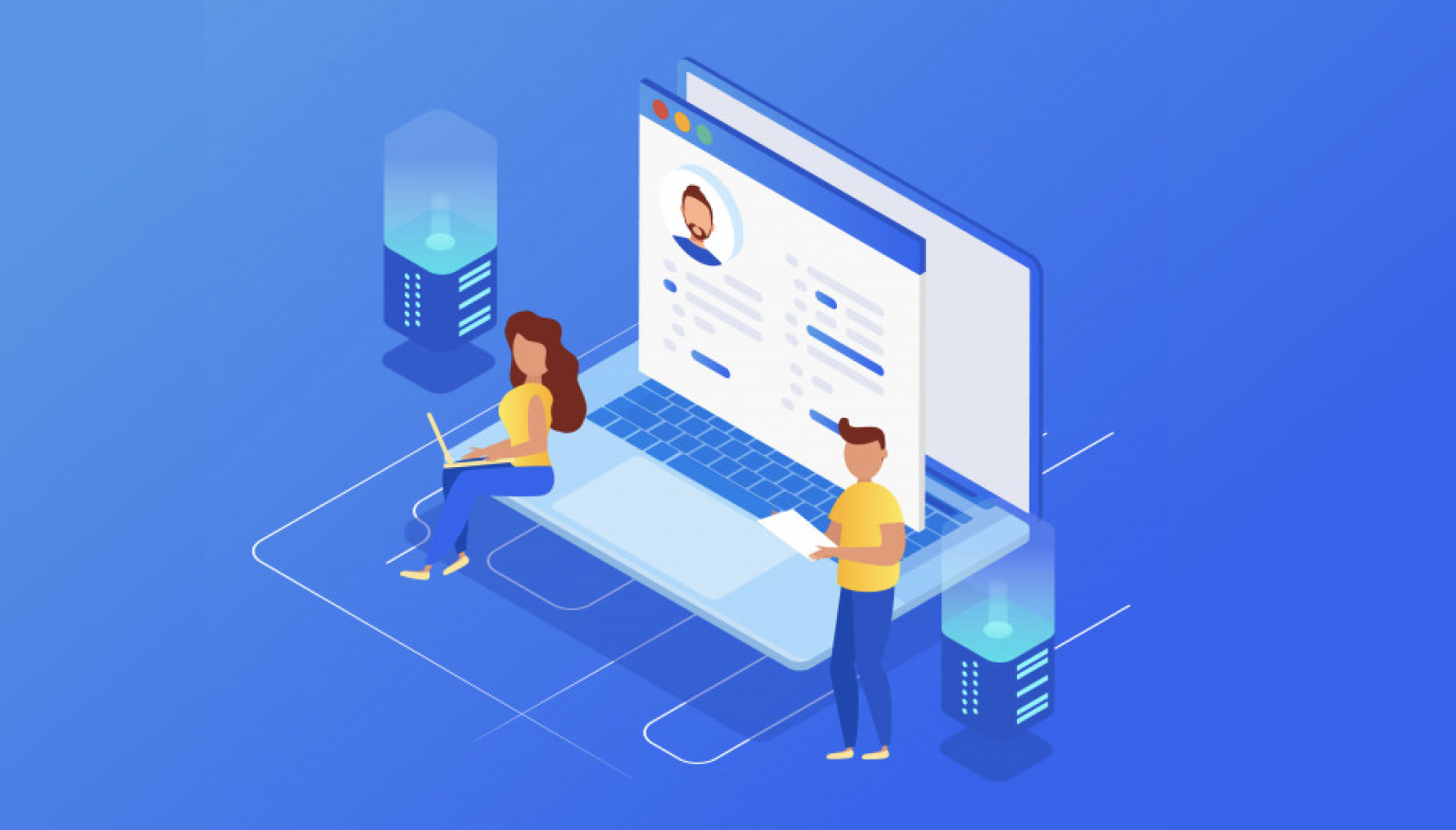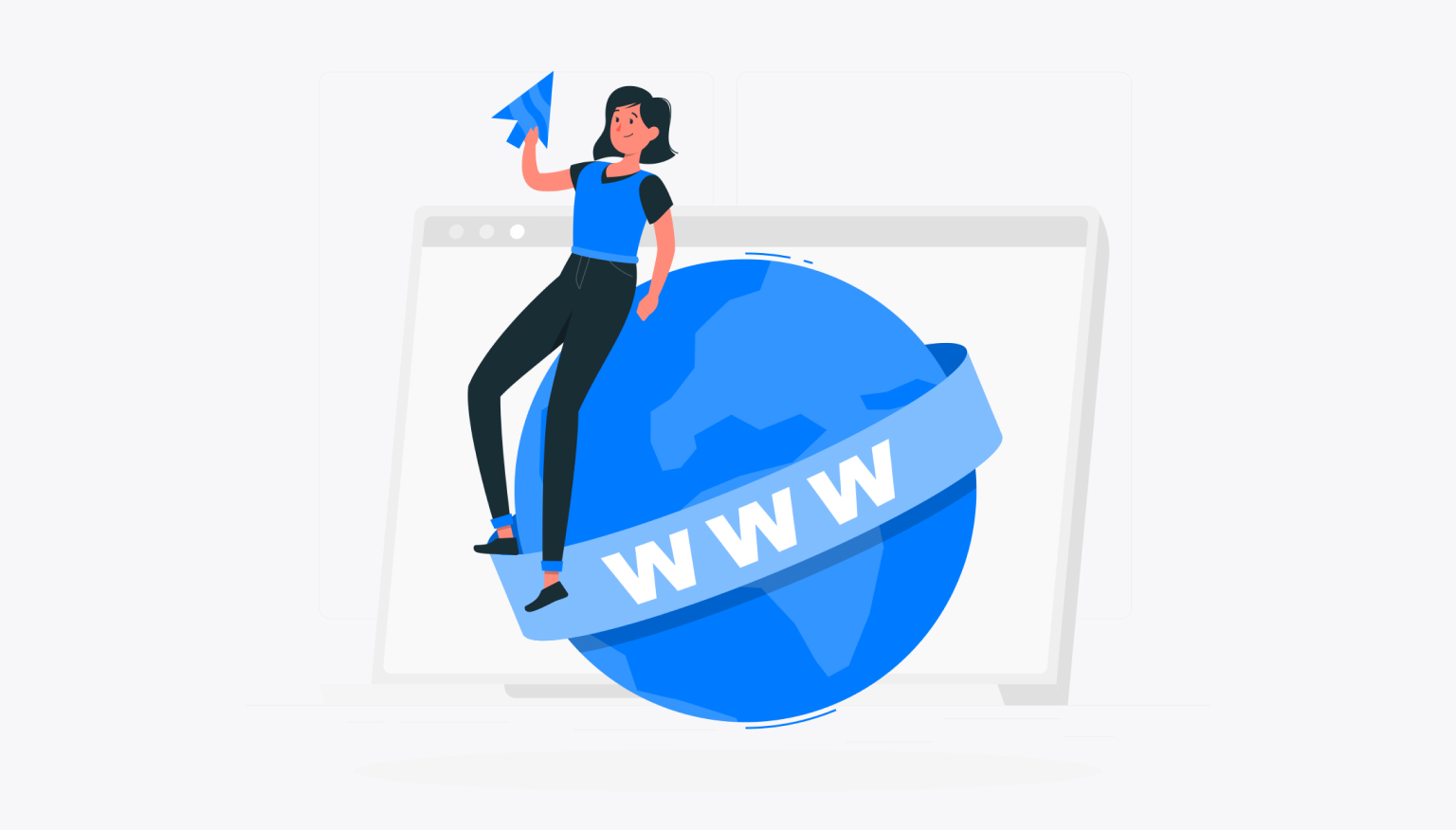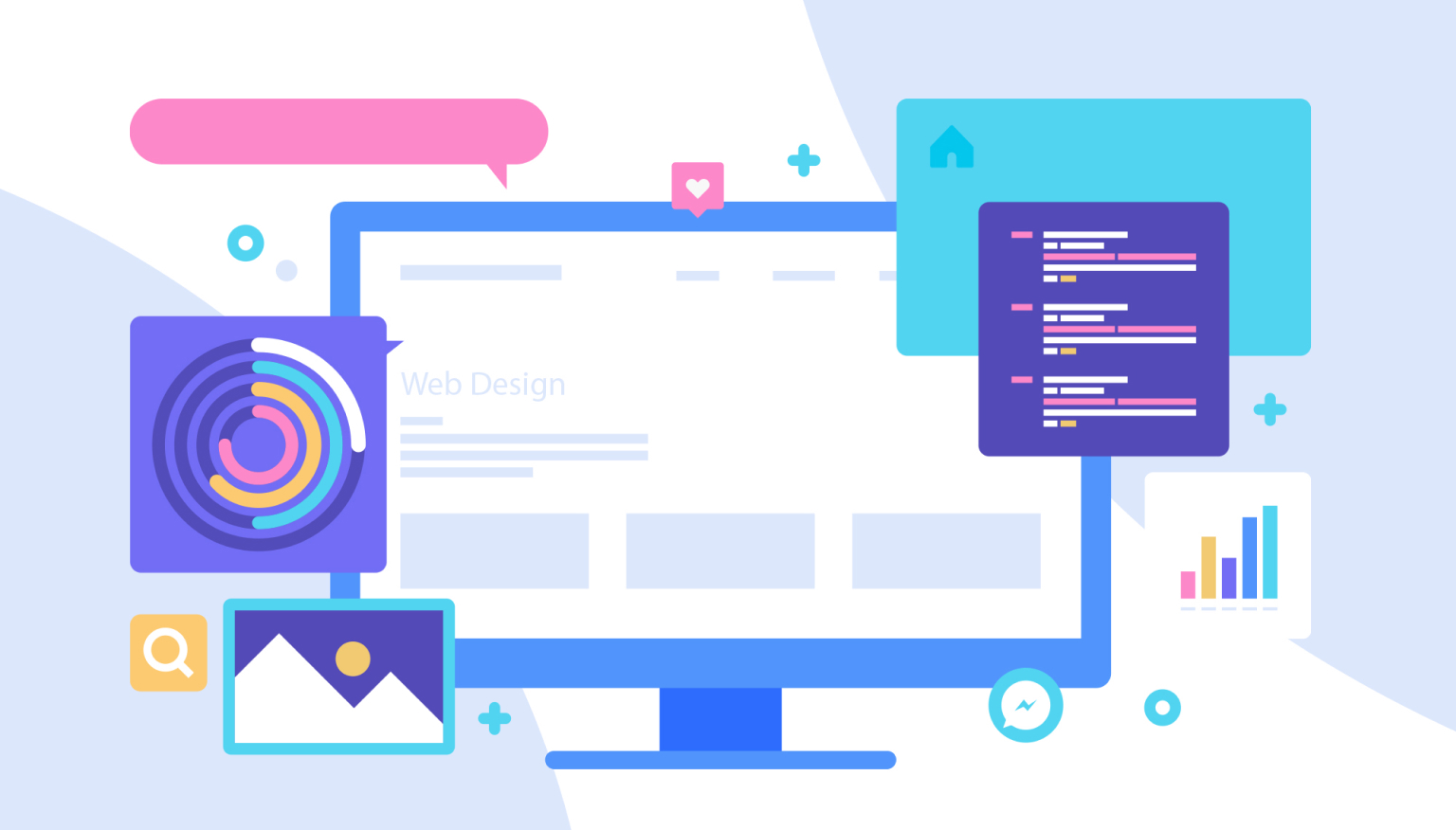Understanding website loading speed and its impact on rankings
Learn about the vital importance of website loading speed in digital marketing, its impact on SEO rankings, user experience, and important tips for improvement.
Basic Importance of Website Loading Speed
You've probably heard the saying, “Time is money.” In digital marketing, this is especially true for website loading speed. Google has made it clear that website speed is an influential factor when it comes to search engine rankings. What's at stake? To give you an objective picture, research shows that websites with loading times of less than 2 seconds tend to rank higher in search engines compared to those whose loading times exceed 4 seconds.
In the digital world, speed is critical not only to improve rankings but also to improve user experience. According to Google research, 53% of mobile users abandon a page that takes more than three seconds to load. Consequences? Not only are you losing potential customers, but you're also hurting your SEO rankings, resulting in lost revenue. It's critical for businesses to understand how loading speed can impact your website's performance.
How loading speed affects usability
Usability is the golden goose in web development. The question is, what fuels this usability? One of the key factors is indeed loading speed. Internet users are notoriously impatient. Research shows that 40% of people leave a website that takes more than 3 seconds to load. This results in a higher bounce rate. From an SEO perspective, a higher bounce rate usually means a lower ranking on search engine results pages (SERPs).
The logic is simple. Google's algorithms aim to provide the most relevant and user-friendly results. If a website is slow, resulting in a poor user experience, Google interprets this as a signal to move the website lower in the search results. An Akamai study found that even a 100-millisecond loading delay can reduce conversion rates by 7%. So it's no surprise that a faster website is more likely to attract visitors, reduce bounce rates, and potentially improve its search engine rankings.

Behavioral indicators: more than just numbers
Website Speed affects more than just the first impression. This also has a ripple effect on the user behavior metrics that are integral to your rankings. For example, the longer a site takes to load, the less likely users are to navigate to other pages on that site. In contrast, a faster website keeps the user interested, encouraging him to explore more content.
It's a symbiotic relationship: the longer users stay on your website, the better behavioral metrics Google uses to assess the value of your site.Remember that Google's algorithm takes into account metrics such as time spent on site and pages per session when determining rankings. Several studies show that faster loading times lead to increased user engagement, with metrics like time on site improving by up to 70%.
Mobile SEO Factor: Small Screen, Big Impact
The age of the mobile internet has arrived. Reports show that around 56% of web traffic now comes from mobile devices. Moreover, Google has implemented mobile-first indexing, which means it primarily uses the mobile version of the site for ranking and indexing. Mobile devices, which often have limited processing power compared to desktop computers, can be more sensitive to slow loading websites.
Loading time plays an even more important role when we talk about the mobile user experience. According to Google research, a page response delay of even one second can lead to a 7% reduction in conversions. With smaller screens and often slower internet connections, optimizing your site's loading times for mobile devices is not only advisable, but essential.
Technical Aspects: How Google Counts Speed
While Google has made it clear that speed matters, the exact metrics are confidential. However, it is generally accepted that Google considers various elements such as first content rendered (FCP) and time to interact (TTI) to measure site speed. FCP is the time it takes for the first piece of content to appear on screen, and TTI is the time it takes for a site to become fully interactive.
Although Google remains silent, many studies are aimed at understanding these metrics. For example, a TTI of less than 3.8 seconds and an FCP of less than 1.9 seconds are generally considered good for a website. Websites that fall within these ranges often have a significantly higher chance of ranking higher in the SERPs.
Proven Tips to Improve Loading Speed: A Detailed Guide
While you may feel like you're struggling with a mysterious algorithm, optimizing your site's speed isn't as difficult as it seems. Using caching can significantly improve the speed of your site. Caching essentially stores static files such as images and CSS styles on the server, making them load faster when a user revisits your site.
Image compression is another key element. Large images take up more space on the server, so they take longer to load. By compressing images, you can reduce loading times without sacrificing visual quality. Tools like JPEG-Optimizer and ImageOptim can help you achieve this balance.

Optimize your code: clean house for speed
Your website's code is the foundation of it. Sloppy coding can increase your site's loading time. Using efficient and optimized code can significantly speed up your site's loading time. Google recommends removing unused CSS rules and reducing the depth of CSS selectors, which can improve your site's speed by up to 16%.
Additionally, reducing the number of requests to the server can also be very useful. Every time your website interacts with a server, it requires a certain amount of time. By reducing these communications, you can improve loading times. Techniques like lazy loading can help by loading images only when they are visible to the user.
Go Global with CDN: Nearby is Always Faster
Content delivery network (CDN) can be a game-changer for global businesses. CDNs consist of multiple servers scattered across different locations. When a user tries to access your website, the CDN redirects the request to the server closest to that user, reducing the time it takes to retrieve the data.
According to Cloudflare, websites using its CDN services have seen speed increases of up to 50%. By using a CDN, you can significantly reduce loading times for users located far from your main server, thereby offering a more stable experience for a global audience.
A final word on website loading speed
As the digital landscape becomes increasingly competitive, every second counts. Understanding and improving your website's loading speed is not a one-time activity, but a long-term commitment. The benefits are many, from improved rankings to improved user experience. Optimizing your site's speed can pay off in increased traffic, user satisfaction, and higher conversion rates. By focusing on this often overlooked aspect, you can give your website the competitive edge it needs to increase rankings and achieve your business goals.
















